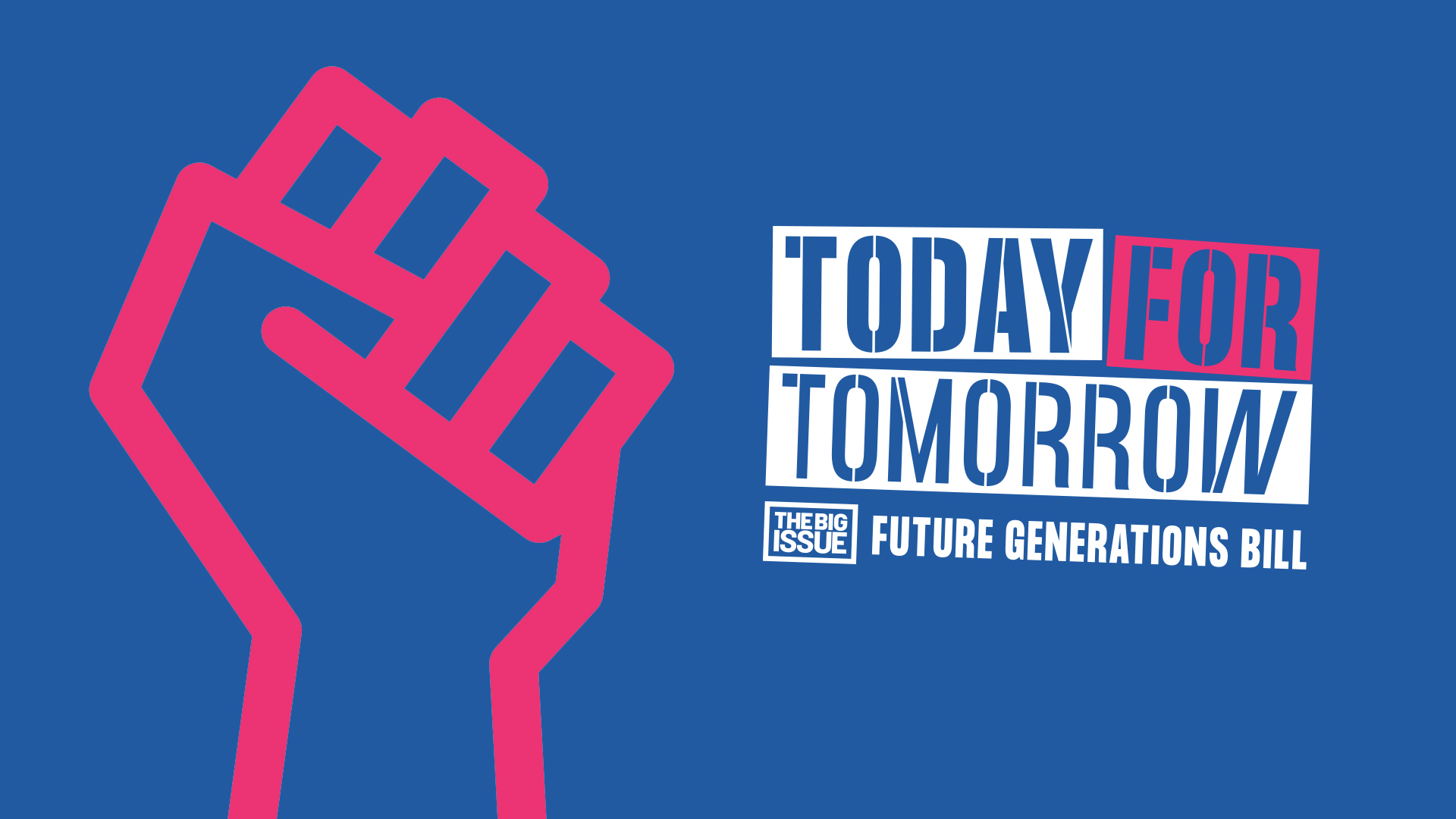I’ve been a fan of The Big Issue from the outset 30 years ago. What started for me as a personal act of giving to support people who were homeless quickly turned into loving its mix of social commentary, the arts, interesting jobs and overall quirkiness.
When magazines are bought casually on a street you don’t know who is buying, but you do know the quantity of sales and in the week prior to lockdown, The Big Issue sold around 80,000 copies across the UK and supported the livelihoods of 1,500 vendors, by any definition among the most vulnerable in our society. Then came March 23 – day zero – when the UK went into lockdown and life as we knew it ended. The speed with which The Big Issue, a small but incredibly effectively organisation, has turned its model around is breathtaking.
With its daily dose of tragedy, the virus is also reminding us of what is important. When I caught it at the end of March, it was strangers who brought medication and food to our self-isolating household; who looked after our needs in our time of trouble. There are countless examples of communities rising to the challenge – and a glorious collective recognition that our daily lives are sustained by an army of poorly paid workers of all races and creeds – carers, transport workers, delivery van drivers, food producers, shelf stackers, bin collectors – whose service has kept our countries going over the last two months. There has even been public acceptance that those, such as homeless people and rough sleepers, need help when, often through no fault of their own, they have fallen through every safety net. Perhaps we have been shocked into becoming kinder.
But – and this is the big question with the unknown answer – how can our new kindness give voice to the proposition that keeping people alive and well – that is the wellbeing of all the citizens of all four nations of the UK – be the new and lasting purpose of government?
One of the tenets of the Attlee government in 1945 was to create a vision of opportunity for the next generation. After six long war years, voters wanted an end to austerity. The country might be broke, but they wanted hope. And they voted for a vision for the future of no one left behind.
A reset post-Covid 19 must ensure that future generations do not pay a further price for the failings of the current one
I’ve spent years feeling that my generation is a bad ancestor. The post-war generation wanted their children to succeed to make up for their ultimate sacrifice; for us to have lives without war, without want, with opportunity, with full employment, with decent housing. We should have been that standard-bearer, but instead what I see today is young people who are poorer, less likely to be homeowners or to have pensions than my generation. If you’re under 30 now, you have probably acquired thousands in student debt, had your wages held down by austerity and seen public services and opportunities shrink. You and your friends are probably furloughed, with your education on hold, living in poor accommodation and worried about losing your job later this year. More of you are seeking mental health support than ever before. I heard a newscaster say, ‘I don’t want to sound apocalyptic, but do we just have to write this generation off?’ Emphatically no, but how on earth did it come to this?










